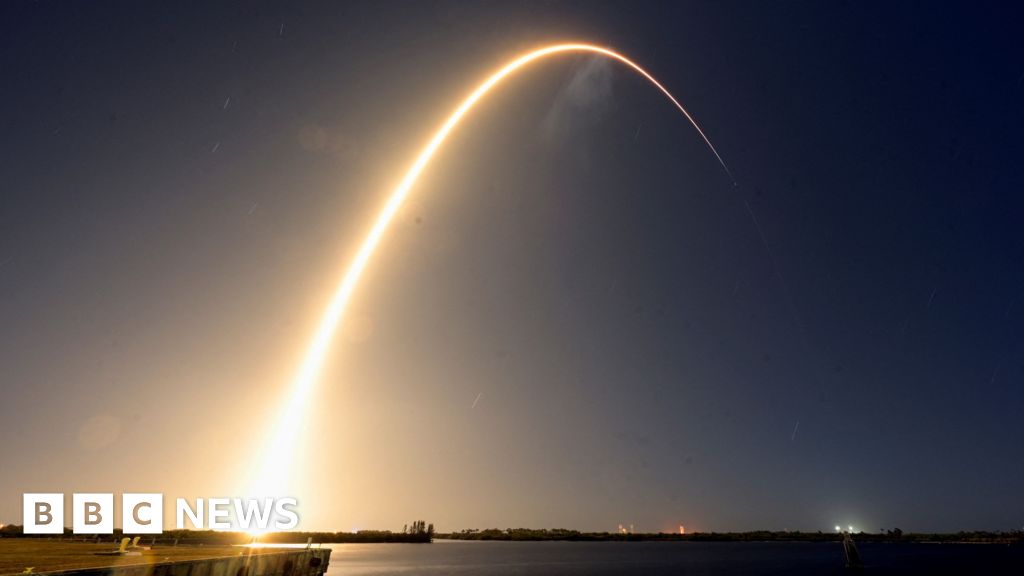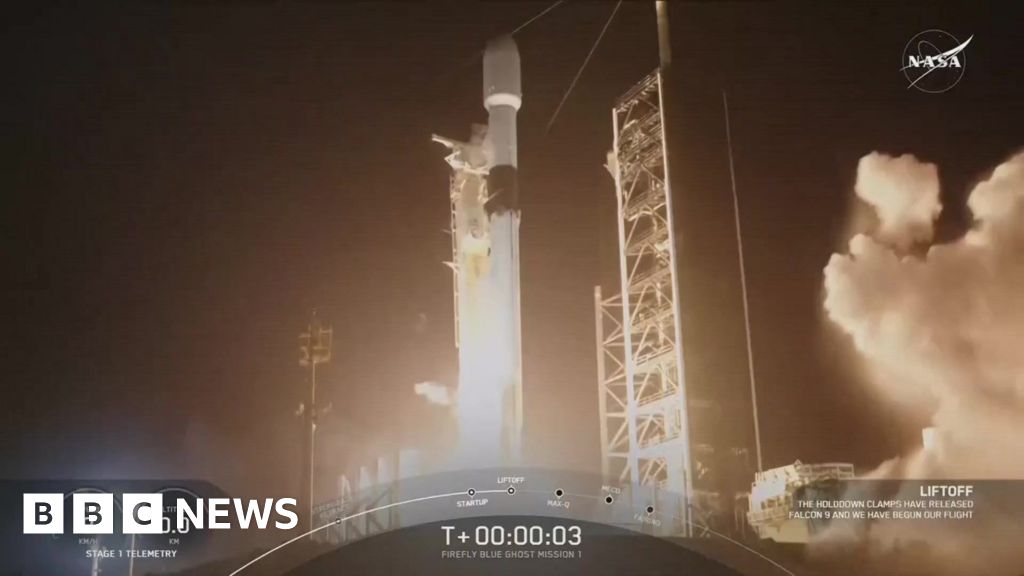ARTICLE AD BOX
image source, Getty Images
US drug regulators have approved Pfizer booster vaccines for people over 65 if they had their last shot at least six months ago.
The Food and Drug Administration (FDA) has also authorised adults at higher risk of severe illness and who work in front-line jobs to get the booster jab.
It means tens of millions of Americans are now eligible for their third shot.
However the boosters still need approval from the Centers for Disease Control and Prevention (CDC).
Independent panels from the CDC are holding meetings on Wednesday and Thursday, and are expected to endorse the move quickly, US media reports.
The panels' decisions will include recommendations on who qualifies as high risk, and which frontline workers should be eligible.
For its part, the FDA says "health care workers, teachers and day care staff, grocery workers and those in homeless shelters or prisons" should be on that list, acting FDA commissioner Janet Woodcock said in a statement.
The FDA move is a victory for President Joe Biden, who had promised that booster vaccines would be available from this month as long as they received approval from the FDA and CDC.
For now, the decision only applies to Americans who have been vaccinated with the Pfizer-BioNTech jab. Millions of Americans who received Moderna and Johnson & Johnson jabs will have to keep waiting for further booster approval.
Which countries already allow booster shots?
In the UK, the government has announced that it will offer boosters to everyone over 50 and to other vulnerable people as it heads towards the winter months.
Germany, France and the Czech Republic have announced similar plans for older or vulnerable people. In Israel, boosters are already being offered to children as young as 12.
The World Health Organization (WHO) has called on wealthier nations to hold off on providing booster shots until vaccination rates go up in lesser developed countries.
"There are countries with less than 2% vaccination coverage, most of them in Africa, who are not even getting their first and second dose," WHO Director-General Tedros Adhanom Ghebreyesus said last week.
"And starting with boosters, especially giving it to healthy populations, is really not right."
At a UN speech on Wednesday, Mr Biden pledged to donate 500 million vaccine doses to poorer countries in 2022. Despite the lofty promise, a fraction of the donations that have been pledged by richer countries have actually been delivered to those in need.

 3 years ago
42
3 years ago
42








 English (US) ·
English (US) ·